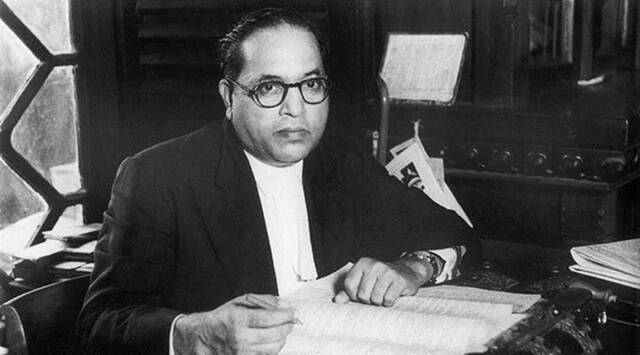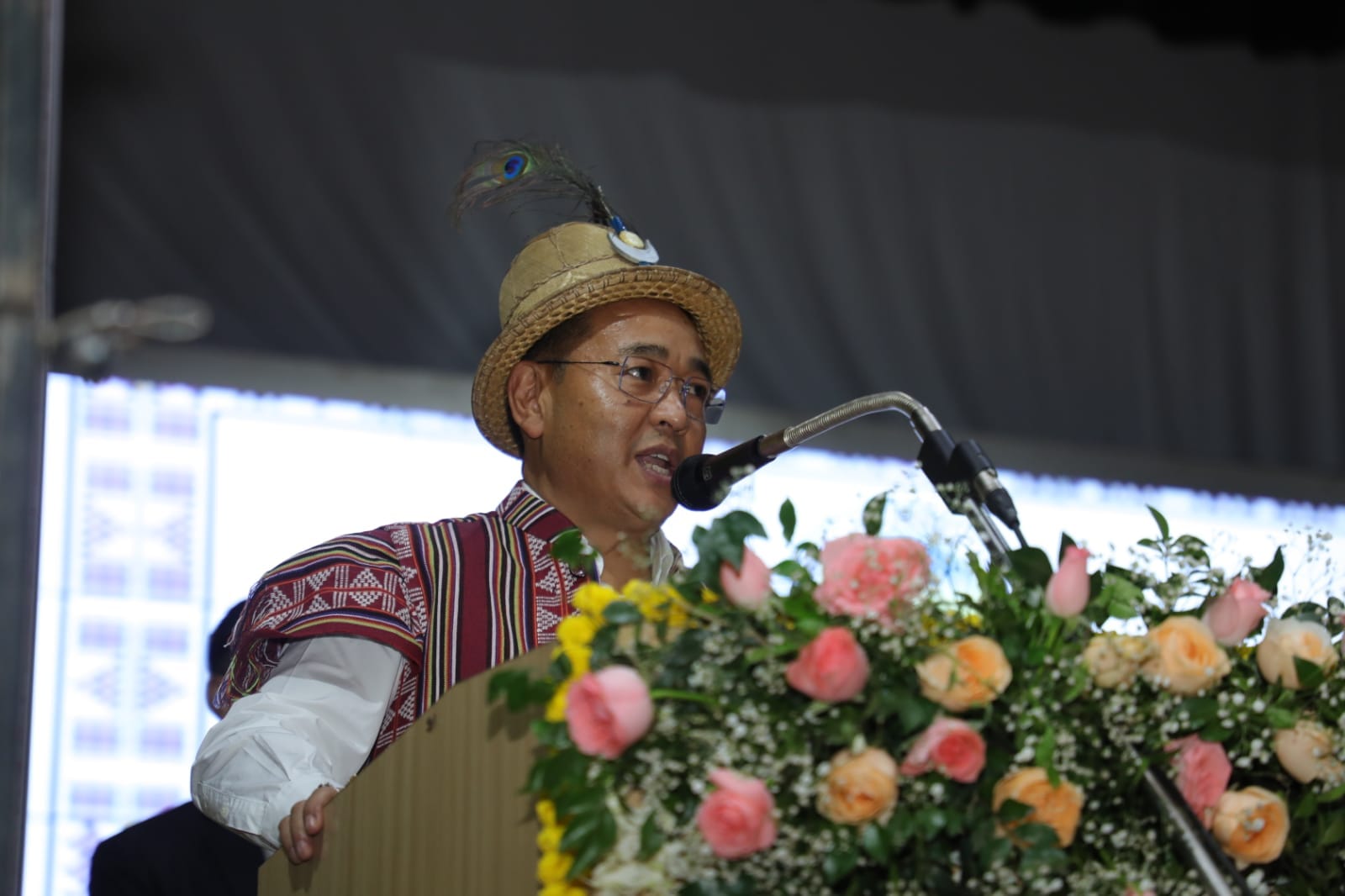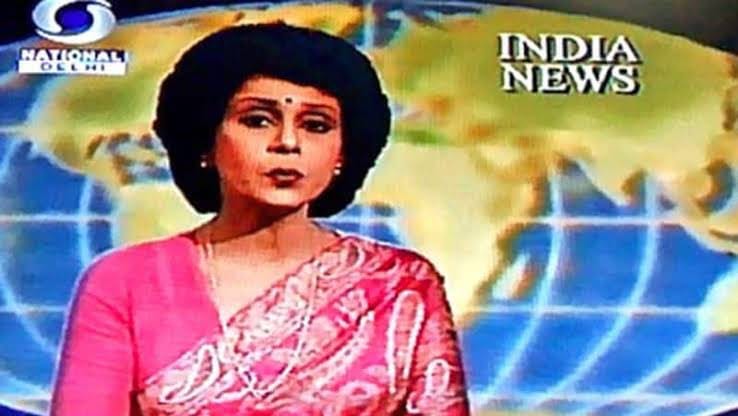
Dr. Bhim Rao Ambedkar (1891-1956) was an Indian jurist, economist, social reformer, and politician who played a significant role in the Indian independence movement and the drafting of the Indian Constitution.
Marking the birth anniversary of India’s first law minister Dr Bhimrao Ambedkar, April 14 is celebrated as Ambedkar Jayanti. Hailed as the father of Indian Constitution, it was under the chairmanship of Dr Bhimrao Ramji Ambedkar that the world’s longest written constitution was framed by the constituent assembly.
Born into a Dalit (formerly known as “untouchable”) family, Ambedkar faced discrimination and social exclusion from a young age. However, he was a brilliant student and earned multiple degrees, including a law degree from Columbia University in New York.
Throughout his life, Ambedkar fought for the rights of Dalits and other marginalized groups in India, advocating for their social and political equality. He also criticized Hinduism and its caste system, which he believed perpetuated discrimination and inequality.
Ambedkar was a member of the Constituent Assembly of India and played a key role in drafting the Indian Constitution, which abolished untouchability and provided for affirmative action policies to address social and economic disparities.
In addition to his political work, Ambedkar was also a prolific writer and thinker. He wrote extensively on a range of topics, including economics, history, and sociology, and his ideas continue to inspire scholars and activists today.
Ambedkar is widely regarded as a champion of social justice and a visionary leader who fought tirelessly for the rights of India’s marginalized communities. His legacy continues to shape the political and social landscape of India.
Pre Mentioned that Dr. BR Ambedkar was a social reformer, jurist, economist, and politician who fought for the rights of Dalits (formerly known as “untouchables”) and other marginalized groups in India. He played a significant role in the Indian independence movement and was a member of the Constituent Assembly of India, where he helped draft the Indian Constitution.
Throughout his life, Ambedkar worked to eradicate caste-based discrimination and fought for the social and political equality of Dalits and other oppressed groups. He criticized Hinduism and its caste system, which he believed perpetuated discrimination and inequality.
Ambedkar’s efforts to secure social justice for Dalits and other marginalized groups included advocating for the abolition of untouchability, promoting education and employment opportunities for them, and working to secure their political rights.
As a jurist and economist, Ambedkar made significant contributions to the development of Indian law and economics. He also wrote extensively on a wide range of topics, including economics, history, and sociology.
Ambedkar’s legacy continues to inspire and shape the political and social landscape of India, particularly in relation to issues of social justice and equality. He is widely regarded as a visionary leader and champion of the rights of India’s marginalized communities.
Here are some inspiring and motivational quotes of Dr. BR Ambedkar:
- “Freedom of mind is the real freedom. A person whose mind is not free though he may not be in chains, is a slave, not a free man.”
- “I measure the progress of a community by the degree of progress which women have achieved.”
- “I like the religion that teaches liberty, equality, and fraternity.”
- “Caste is not a physical object like a wall of bricks or a line of barbed wire which prevents the Hindus from co-mingling and which has, therefore, to be pulled down. Caste is a notion; it is a state of the mind.”
- “Law and order are the medicine of the body politic and when the body politic gets sick, medicine must be administered.”
- “I do not want that our loyalty as Indians should be in the slightest way affected by any competitive loyalty whether that loyalty arises out of our religion, out of our culture, out of our language or out of our economic interests.”
- “The sovereignty of scriptures of all religions must come to an end if we want to have a united integrated modern India.”
- “I measure the progress of a community by the degree of progress which women have achieved.”
- “Political tyranny is nothing compared to the social tyranny and a reformer who defies society is a more courageous man than a politician who defies Government.”
- “We are Indians, firstly and lastly.”
For breaking news and live news updates, like us on Facebook fb.com/thevoiceofsikkim or follow us on Twitter twitter.com/thevoicesikkim and Instagram instagram.com/thevoiceofsikkim. Visit www.voiceofsikkim.com.






